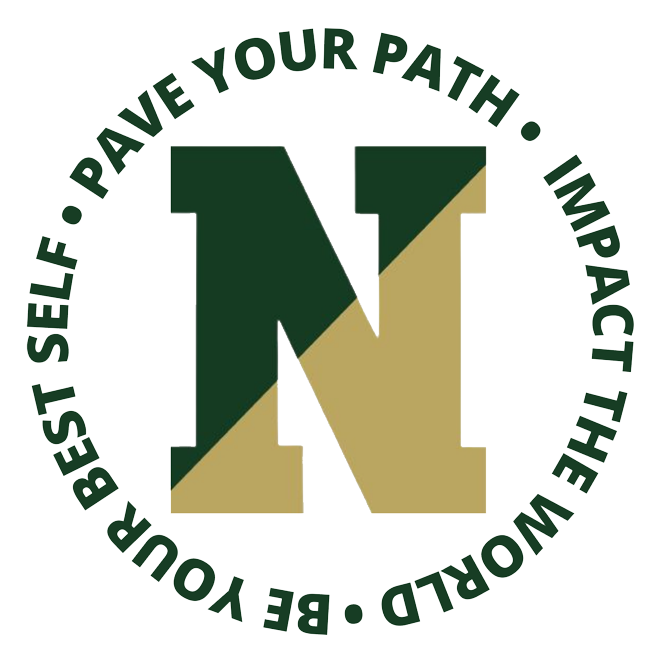As many know, on Monday, April 8, 2024, Massachusetts will be experiencing a solar eclipse from 2:00 PM – 4:30 PM. The peak of the eclipse for our towns will be at approximately 3:29 p.m. after all schools have dismissed. This is a very exciting event that many in our community will be engaging in. We hope that these solar eclipse viewing tips will promote safe viewing throughout our community as we experience this natural phenomenon that will not take place again until 2044!
Viewing a solar eclipse is very exciting. However, looking at the sun, even during a total eclipse can cause damage to your eyes. All students who participate in school sponsored viewing activities will be provided protective glasses. Athletic practices and games are being adjusted to reflect MIAA guidance. Although staff will be covering eclipse viewing safety as part of the curriculum if the students will be viewing at school, we encourage all families to reinforce these discussions with their children, as the eclipse will still be taking place after school is dismissed and students are heading home.
Here are some basic, safe and effective Do’s and Don’ts during an eclipse viewing:
DO
Use eclipse glasses or solar viewers that meet the ISO 12312-2 standards (sometimes written as ISO 12312-2:2015).
Take breaks and give your eyes a rest, even with the eclipse glasses on. Staring continuously can be harmful.
Use your hands to cast shadows on the ground. Cross your hands with fingers slightly spread to create a waffle pattern. Look down and you will see the spaces between your fingers project a shadow image of the sun in a crescent shape during the partial eclipse stages.
Look at shadows on the ground, such as beneath a leafy tree, during the partial eclipse to see the crescent sun shadows projected by the spaces between the leaves.
DON'T
Look at the sun directly.
Stare continuously at the sun. Even with appropriate eyewear damage can occur with continual watching of the sun.
Use damaged eclipse sunglasses or solar viewers. If they are torn, scratched, punctured, or coming out of the frames- do not use them. Throw them away.
Use anything other than eclipse glasses or solar viewers that meet the ISO 12312-2 standards to view the eclipse
Examples of eyewear that are NOT strong enough for eclipse viewing include but are not limited to: homemade filters, regular sunglasses, welder's glass, a camera viewfinder, binoculars or a telescope.
Do not view through binoculars or a telescope without the proper solar filter.
Do not view the telescope using your eclipse sunglasses.
We hope that the weather is in our favor and that safe viewing is able to be enjoyed by all.
Additional resources:
MA DESE Guidance: Click Here.
NASA: Solar Eclipse Safety Tips
NASA's website for comprehensive information about the eclipse.
Exploratorium website that contains information about various cultural eclipse narratives and histories.

